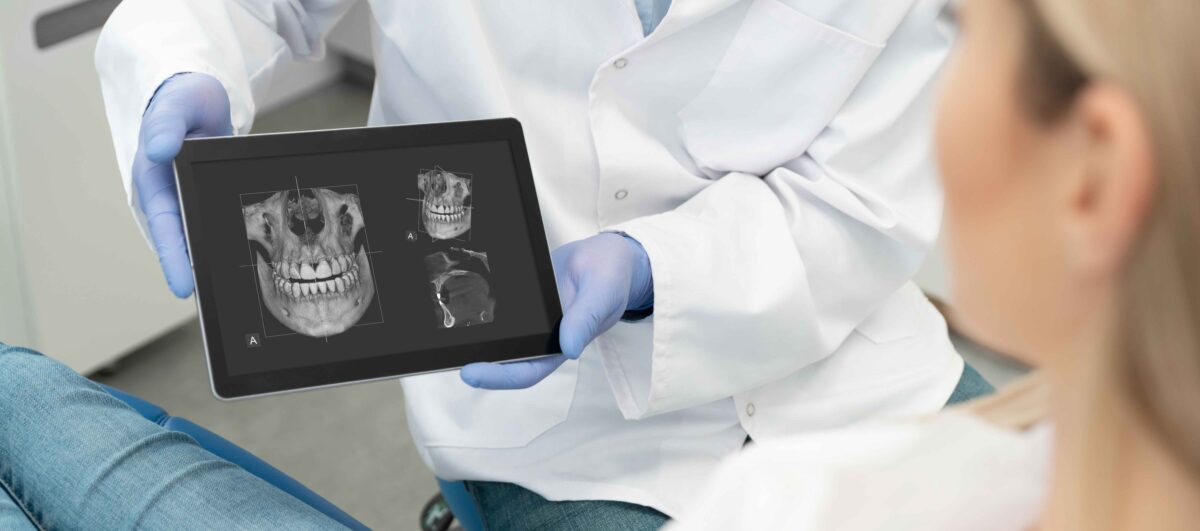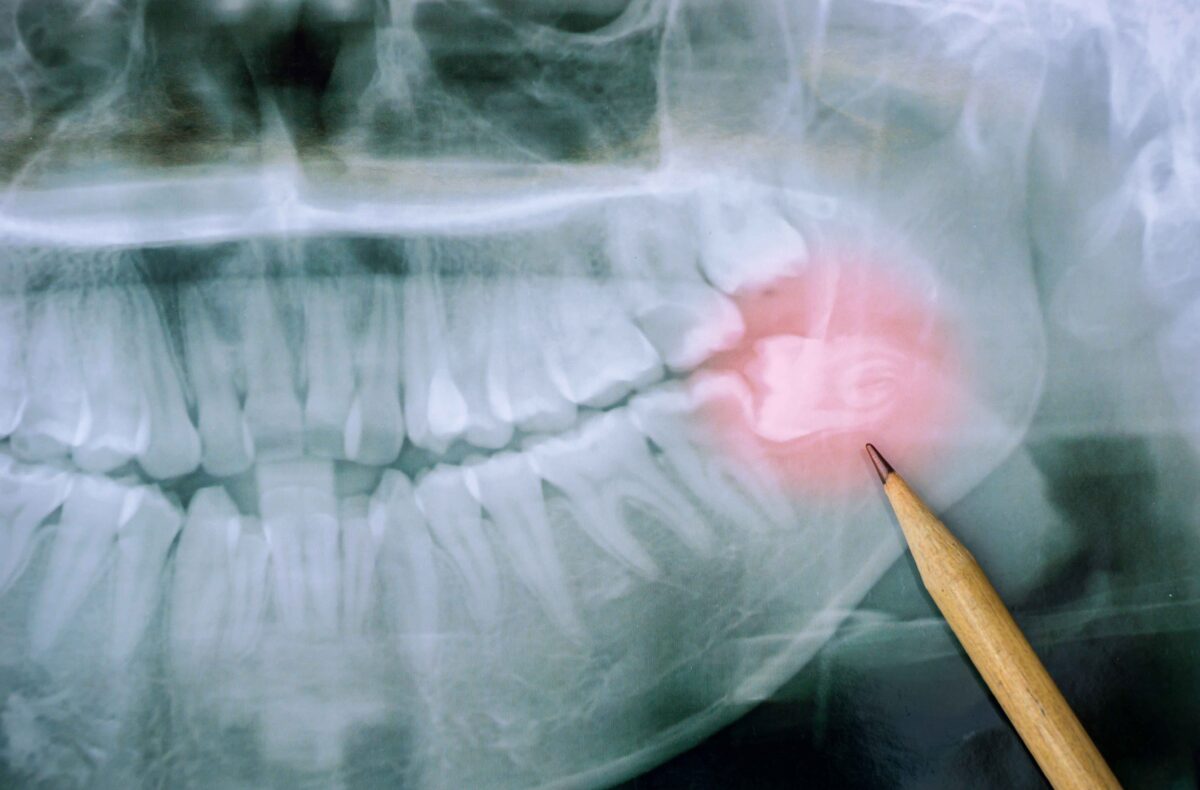Dentistry has witnessed a remarkable evolution in recent years thanks to technological advancements. One of the most significant innovations transforming the field is digital dentistry. But what exactly is digital dentistry, and how does it benefit patients? This comprehensive guide delves into digital dentistry to explore its components, advantages, and how it’s revolutionizing dental care.
Understanding Digital Dentistry
Digital dentistry involves using digital technologies and computerized systems in various dental procedures. It encompasses multiple tools and techniques that enhance diagnosis, treatment planning, and patient outcomes.
Some critical components of digital dentistry include:
Digital Imaging
Traditional X-rays are now often replaced by digital imaging techniques such as cone beam computed tomography (CBCT) and intraoral scanners. These technologies provide detailed 3D images of the teeth, gums, and jawbone, allowing dentists to diagnose issues more accurately and plan precise dental treatments.
CAD/CAM Technology
Computer-aided design (CAD) and computer-aided manufacturing (CAM) have revolutionized the creation of dental restorations. With CAD/CAM systems, crowns, bridges, and veneers can be designed digitally and fabricated in the office using milling machines, eliminating the need for messy impressions and multiple appointments.
Digital Impressions
Instead of using traditional putty-like materials for impressions, digital scanners capture highly accurate 3D images of the teeth and soft tissues. This not only improves patient comfort but also ensures better-fitting restorations.
Intraoral Cameras
These tiny cameras allow dentists to capture detailed images inside the mouth, making it easier to detect dental issues such as cavities, cracks, and gum disease. Patients can also see these images, enhancing their understanding of their oral health.
Teledentistry
Digital technologies enable remote consultations and monitoring, allowing dentists to provide virtual care, discuss treatment options, and follow up with patients without the need for in-person visits in some cases.
Benefits of Digital Dentistry
Adopting digital dentistry offers numerous benefits for dental professionals and patients.
These benefits include:
- Precision and Accuracy: Digital tools provide precise measurements and images, leading to more accurate diagnosis and treatment planning. This results in better-fitting restorations and improved outcomes.
- Time Efficiency: Procedures such as digital impressions and CAD/CAM restorations reduce chair time and the required appointments, making dental visits more convenient for patients.
- Enhanced Patient Experience: Digital dentistry is often more comfortable for patients, with less invasive procedures and the ability to visualize their dental issues through digital images.
- Improved Communication: Digital technologies facilitate clear communication between dentists, specialists, and patients, leading to better collaboration and understanding of treatment options.
- Customization: Digital workflows allow for highly customized dental restorations that match the patient’s natural teeth in shape, color, and function, resulting in aesthetic and functional improvements.
The Future of Digital Dentistry
As dental technology continues to advance, the future of digital dentistry looks promising. Innovations such as artificial intelligence (AI) for diagnostics, 3D printing for on-demand prosthetics, and virtual reality (VR) for patient education are shaping how dental care is delivered.
Digital dentistry is a game-changer in the field, offering precision, efficiency, and improved patient experiences. Embracing these digital technologies enhances dental care quality and sets the stage for a more connected and personalized approach to oral health.
Embracing the Digital Future with Smith Dentalworks
If you’re interested in experiencing the benefits of digital dentistry firsthand, we invite you to schedule a consultation with our experienced team at Smith Dentalworks. Let us show you how digital dentistry can transform your smile and overall oral health.
Contact our dental office today to learn more.



